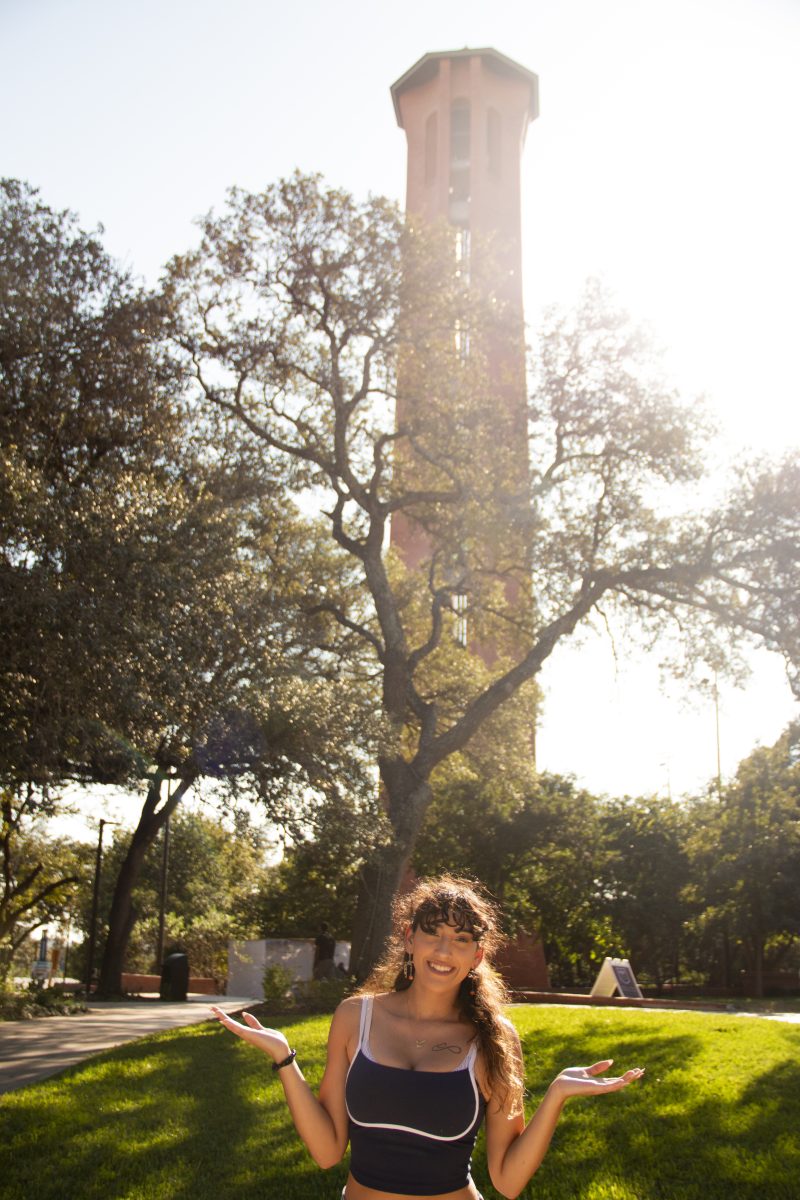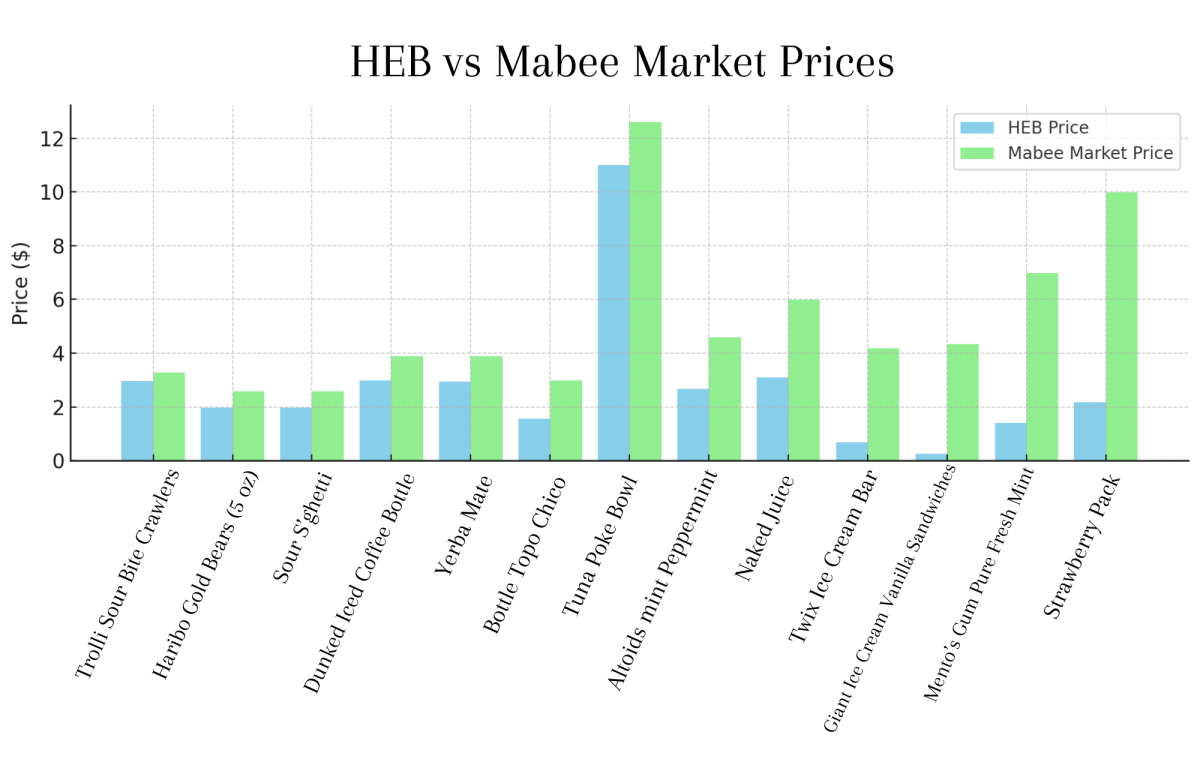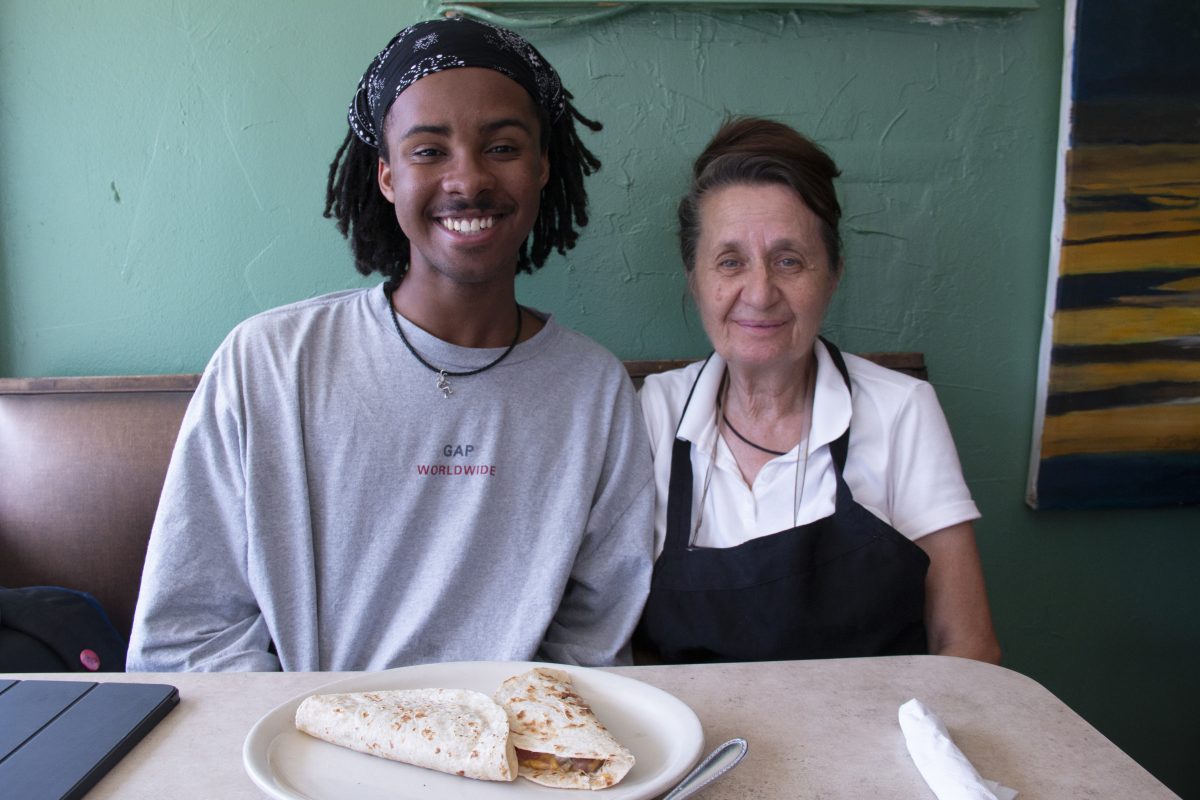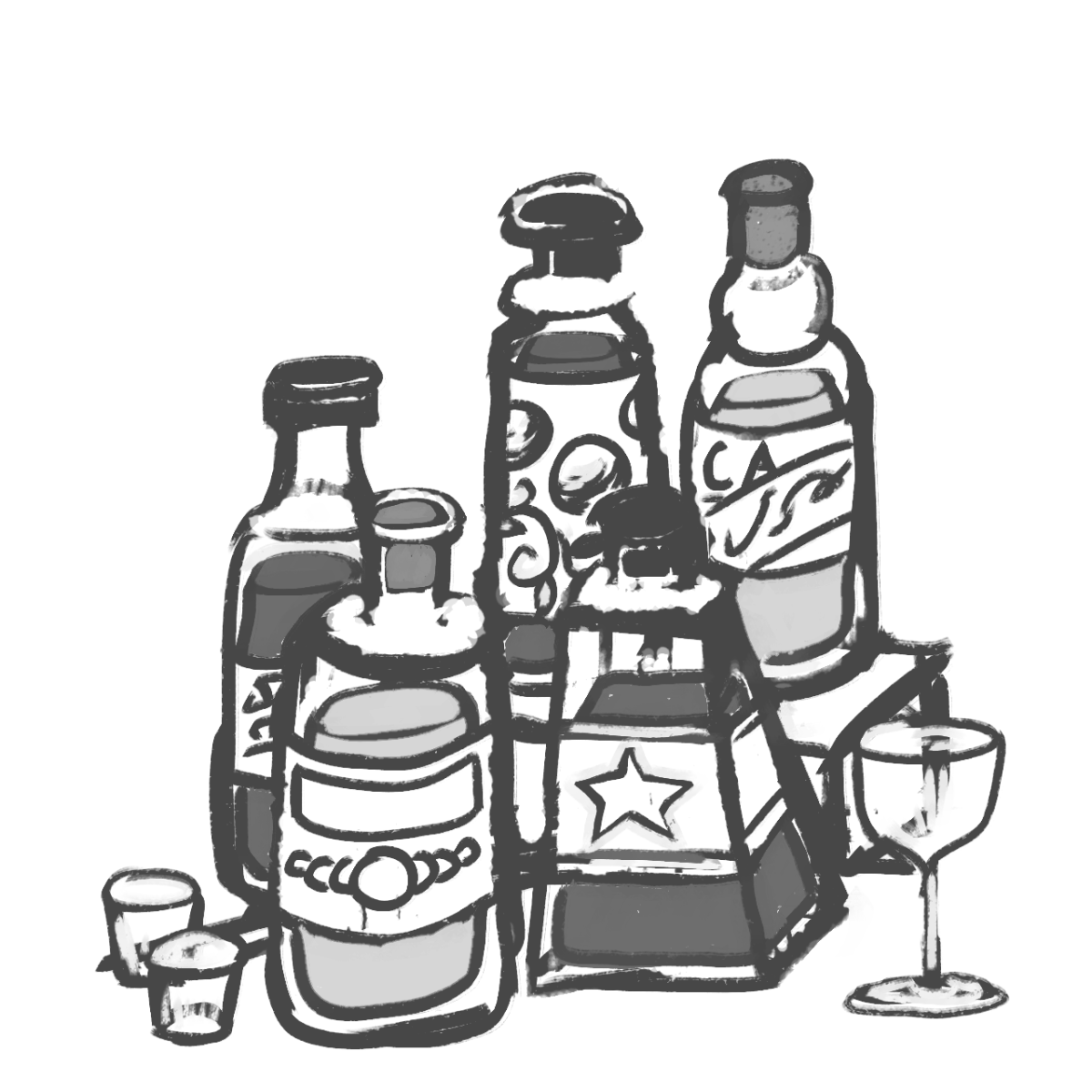The topic of sexual assault and harassment has been prevalent in the news cycle for the past year, and with it come questions: who do we want to be as a country and a society? What expectations should we have for relating to each other, from both a gendered perspective and a general human perspective? Trinity’s Sociology and Anthropology Departments hosted a community-led dialogue on sexual assault with the intentions of discussing these ideas with students and perhaps obtaining some answers.
On Thursday, Oct. 12, a diverse array of students and faculty entered Storch 112 to talk about sexuality, consent and power on college campuses from an anthropological and sociological standpoint. The initial request for this event came from Chiara Pride, a junior anthropology major who felt dissatisfied by the national conversation surrounding the Kavanaugh hearings.
“I was noticing that a lot of talk was about whether Justice Kavanaugh was guilty or not, and it frustrated me … It distracted from what I think [are] more important discussions about what sexual assault is and what it means,” Pride said. “The Anthropology and Sociology Department is where I turn to for complicated discussions on sensitive things. I knew that if I reached out, I could confidently say that they would come back with something that was sensitive and thoughtful.”
While the professors facilitating this event specified that they were not equipped to provide professional guidance to students who have been sexually harassed or assaulted, Lori Kinkler — a psychologist with Counseling Services — was in attendance. Kinkler gave out a pamphlet listing sexual assault resources available at Trinity for students and encouraged students to come to Counseling Services.
“If you want to talk to someone about what’s happened to you, and you don’t know if you want to report it or you want someone to help [navigate] the process with you, that’s where we come in. … We’re a confidential resource,” Kinkler said.
Jennifer Mathews, chair of the Anthropology Department, gave an introduction at the beginning and emphasized the dialogue’s confidential nature. Normally, professors are obligated to report when students disclose details of a sexual assault on campus; during this dialogue, students were free to share personal experiences confidentially.
The grounding of the discussion in social sciences lead to analyses of harmful societal forces, such as heteropatriarchal standards shaming women for expressing boundaries. The discussion also focused on a general cultural lack of awareness on what consent looks like in intimate relationships, friendships and even politics. Students spoke about aspects specific to Trinity, such as a small campus climate, that students felt made it hard to report or even to avoid someone who might show up in a class.
Alfred Montoya, associate professor of sociology and anthropology, connected the ongoing struggle against the patriarchy in relation to sexual assault and harassment to other social movements.
“[Gender equality] is one aspect of this larger kind of a proposition to all forms of authoritarianism and all forms of privilege that affect people’s lives and so on, so being anti-patriarchy means also being anti-fascist and vice-versa,” Montoya said.
Some of the discussion focused on how Trinity can improve how New Student Orientation addresses sexual assault, an important topic for first-years in particular.
According to the Rape, Abuse & Incest National Network, more than 50 percent of campus sexual assaults occur between August and November, and the first six weeks of college are known by researchers as “the red zone.”
Sheryl Tynes, vice president of Student Life and former sociology professor, wondered whether smaller discussion groups and single-gender conversations would help disseminate information more effectively.
“We want students to help us figure out how we facilitate those kinds of dialogues and [move] forward on what kinds of things could change,” Tynes said.
With the dialogue’s theme of how harmful societal messaging around sexuality impacts everyone — regardless of individual identity — many students expressed desire for more education around communication and healthy relationships in college. Elizabeth Rahilly, visiting professor of sociology, agreed.
“Sometimes people have a very specific conception of sexual assault in their heads and we think, ‘Oh, that doesn’t have anything to do with me, I haven’t done or experienced that,’” Rahilly said. “But I think maybe we need to shift the framing of conversations to [one] about dating and relationships and boundaries and communication with an intimate other. That’s relevant to everyone regardless of past experience, gender [or] orientation of relationship.”
Imram Khan, a first-year, was tasked with writing a monologue based on an account of interpersonal abuse for his Creative Genius First-Year Experience.
“While this event is confidential, I was hoping that participating in today’s dialogue could help me explore these issues because sexual assault is often a component of abusive relationships,” Khan said.
At the end of the event, many students signed up for an email list so that they could discuss the topic further and possibly come up with solutions for these problems. Mathews said that the departments would also be happy to host a similar dialogue in the future if needed.







